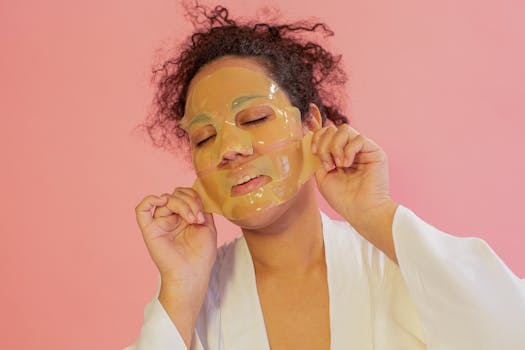Hyaluronic Acid in Cosmetics: How Hyaluronic Acid Helps You Have Hydrated Skin
In the world of skincare, hyaluronic acid (HA) has emerged as a superstar ingredient, celebrated for its remarkable ability to retain moisture and promote hydrated, youthful skin. This naturally occurring substance is found in various tissues throughout the body, particularly in connective tissues, skin, and cartilage. As the beauty industry continues to evolve, understanding the role of hyaluronic acid in cosmetics is essential for anyone looking to enhance their skincare routine.
What is Hyaluronic Acid?
Hyaluronic acid is a glycosaminoglycan, a type of molecule that can hold up to 1,000 times its weight in water. This unique property makes it an ideal ingredient for hydrating products. HA is produced naturally by the body, but its levels decrease with age, leading to dryness, loss of elasticity, and the formation of fine lines and wrinkles.
The Science Behind Hydration
Hyaluronic acid works by attracting and retaining moisture in the skin. When applied topically, it penetrates the skin’s surface and binds water molecules, creating a plumping effect that enhances skin texture and appearance. The science behind this hydration can be summarized as follows:
- Water Retention: HA acts like a sponge, drawing moisture from the environment and deeper layers of the skin.
- Barrier Function: It helps strengthen the skin’s natural barrier, preventing moisture loss and protecting against environmental aggressors.
- Cell Regeneration: HA promotes cell turnover, aiding in the repair of damaged skin and improving overall skin health.
Benefits of Hyaluronic Acid in Cosmetics
The incorporation of hyaluronic acid in cosmetic products offers numerous benefits, making it a staple in many skincare routines. Here are some of the key advantages:
- Intense Hydration: HA provides immediate and long-lasting hydration, making it suitable for all skin types, including dry, oily, and sensitive skin.
- Improved Skin Texture: Regular use of HA can lead to smoother, plumper skin, reducing the appearance of fine lines and wrinkles.
- Non-Irritating: HA is gentle and non-irritating, making it an excellent choice for those with sensitive skin or conditions like rosacea.
- Compatibility: It can be easily combined with other active ingredients, such as retinol and vitamin C, enhancing their effectiveness without causing irritation.
Popular Products Containing Hyaluronic Acid
Many skincare brands have recognized the benefits of hyaluronic acid and have developed products that harness its hydrating properties. Some popular products include:
- The Ordinary Hyaluronic Acid 2% + B5: A budget-friendly serum that combines HA with vitamin B5 for enhanced hydration.
- Neutrogena Hydro Boost Water Gel: A lightweight gel moisturizer that provides intense hydration and is suitable for daily use.
- Drunk Elephant B-Hydra Intensive Hydration Serum: A luxurious serum that delivers a boost of hydration while improving skin texture.
Case Studies and Statistics
Research supports the efficacy of hyaluronic acid in skincare. A study published in the Journal of Clinical and Aesthetic Dermatology found that participants who used a topical HA serum experienced a significant increase in skin hydration levels after just two weeks. Additionally, a survey conducted by the American Academy of Dermatology revealed that 70% of respondents reported improved skin texture and reduced dryness after incorporating HA into their routines.
Conclusion
Hyaluronic acid is a powerful ingredient that plays a crucial role in maintaining hydrated, youthful skin. Its ability to attract and retain moisture makes it an essential component in many cosmetic products. With numerous benefits, including improved skin texture, enhanced hydration, and compatibility with other ingredients, HA is a must-have in any skincare regimen. As the beauty industry continues to innovate, hyaluronic acid will undoubtedly remain a key player in the quest for healthy, radiant skin.
